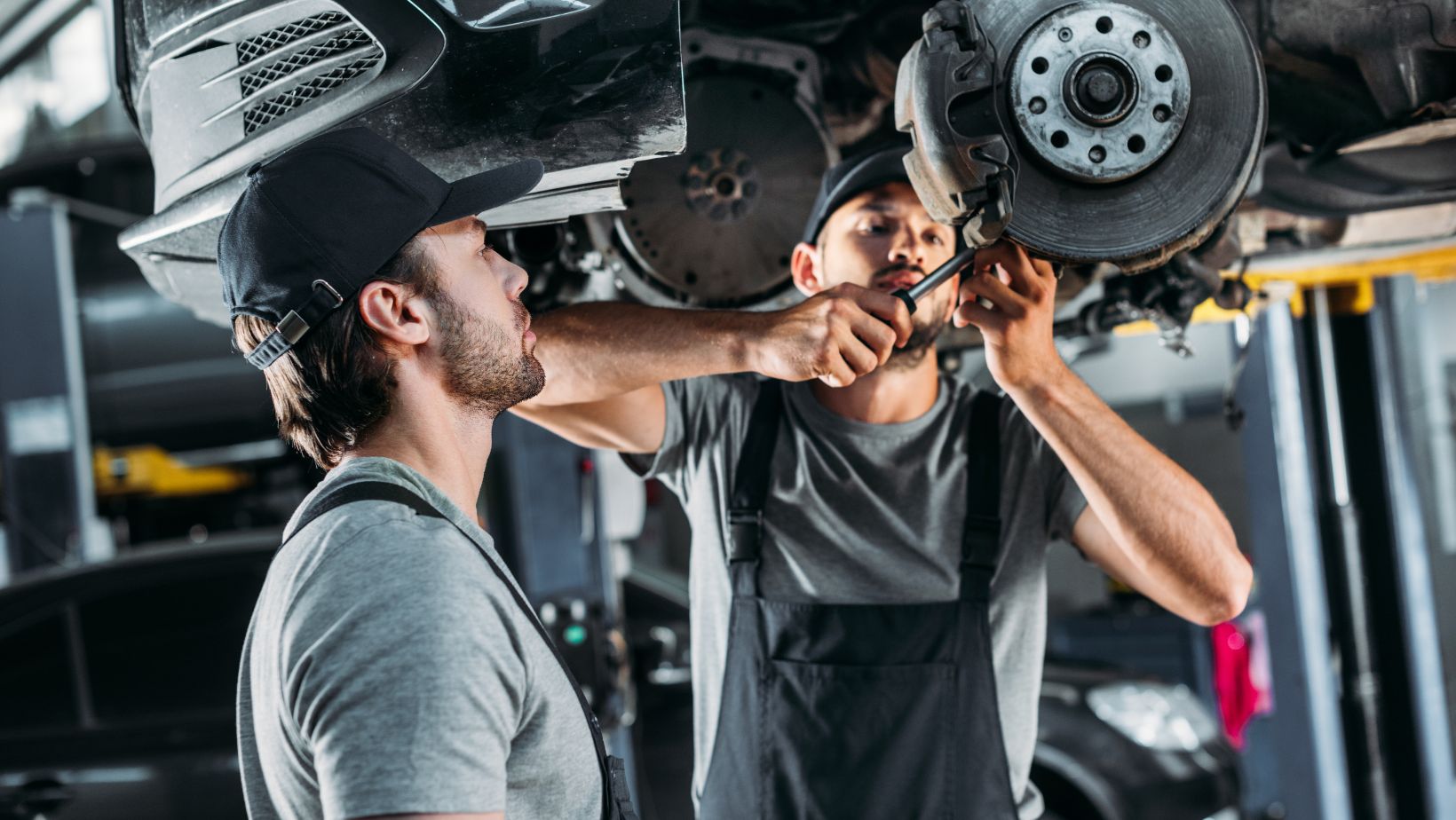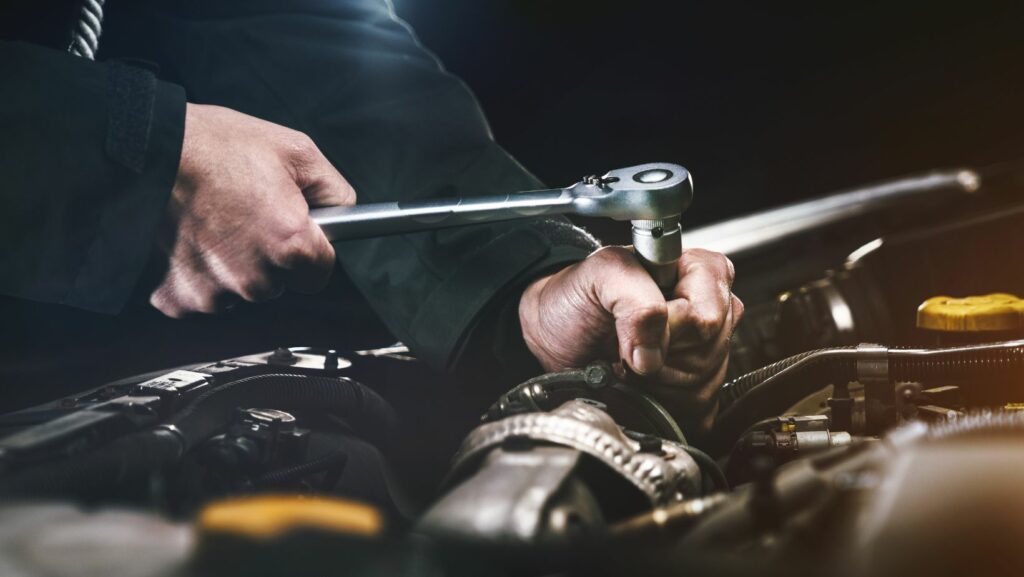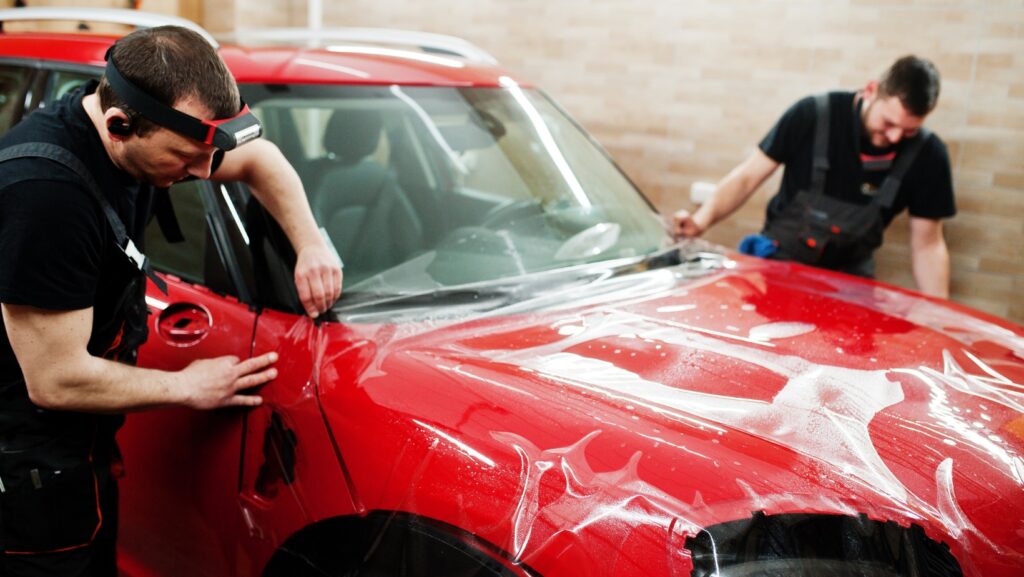 Your automobile generates many sounds that qualify as normal and abnormal. A combination of squeaks, rattles and disturbing knocking, though, may make you wonder about your vehicle’s condition. You can detect most issues through basic observation, as they mostly have very straightforward explanations. This helps you decide when to engage a professional mechanic.
Your automobile generates many sounds that qualify as normal and abnormal. A combination of squeaks, rattles and disturbing knocking, though, may make you wonder about your vehicle’s condition. You can detect most issues through basic observation, as they mostly have very straightforward explanations. This helps you decide when to engage a professional mechanic.
Let’s break down the most common complaints and what they might mean, so you can have the most up-to-date knowledge when you place wagers on famous races on Betrolla!
1. Squeaks and Squeals
High-pitched squeaks and squeals are hard to ignore. They often point to issues with belts, brakes, or parts of the suspension.
A. Squealing When Starting or Accelerating
If the trouble happens when you press the gas, it’s likely a worn-out serpentine belt or accessory belt. This should power your alternator, AC, and other parts, but over time, they crack, stretch, or lose grip.
Fix: Check the belt for cracks or glazing. If it looks damaged, replace it, as sometimes, a quick tightening can stop the issue.
B. Squeaking While Braking
A sharp squeal when braking usually means your brake pads are worn out. Many pads have built-in wear indicators that make a racket when they’re too thin.
Fix: Get your brakes inspected ASAP. Ignoring this can damage your rotors, leading to a much costlier repair.
2. Rattles and Clunks
Rattles and clunks are often loose parts shaking around, so the trick is in figuring out where exactly the clangour is coming from.
A. Rattling Underneath
If you hear a metallic rattle underneath, especially on bumpy roads, check your exhaust system, as a loose heat shield, muffler, or pipe can vibrate and make noise.
Fix: Have a mechanic secure or replace the loose part. Driving with a dragging exhaust can be dangerous.
3. Knocking or Grinding
These are the clangs you really don’t want to hear. They often mean serious engine or transmission trouble for owners.
A. Engine Knocking
A rhythmic knock-knock-knock from the engine could mean:
- Low-quality fuel (causing premature ignition)
- Worn engine bearings (expensive to fix)
- Carbon buildup (common in older engines)
Fix: Try higher-octane gas first. If the problem continues, see a mechanic, as engine damage can be catastrophic.
B. Humming at Highway Speeds
A steady hum that increases with speed usually points to:
- Wheel bearings (a growling or roaring roar when turning suggests a bad bearing)
- Uneven tire wear or alignment issues (causing excessive road noise)
Fix: Lift the car and spin the wheels by hand; a grinding or rough feel indicates a bad bearing. For tire-related noise, rotate or replace them if worn unevenly.
5. Hissing or Popping Under the Hood
These sounds often relate to your engine’s air, fuel, or cooling systems. Ignoring them can lead to bigger problems.
A. Hissing After Turning Off the Engine
A hiss right after shutdown usually means:
- A coolant or vacuum leak (escaping steam or air makes the noise)
- A loose or cracked radiator cap (releasing pressure)
Fix: Check coolant levels and inspect hoses for leaks. Replace the radiator cap if it’s old or damaged.
B. Popping or Backfiring from the Exhaust
If you hear loud pops from the tailpipe, possible causes include:
- A misfiring engine (unburned fuel igniting in the exhaust)
- A clogged catalytic converter (restricting exhaust flow)
Fix: Scan for engine trouble codes. A tune-up (spark plugs, fuel injectors) often fixes misfires, while a clogged converter needs replacement.
6. Clicking or Tapping Sounds
Clicking or tapping noises can be harmless or a sign of serious engine trouble. The key is identifying when they happen.
A. Clicking at Startup
A fast click-click-click when turning the key usually means:
- A weak battery (not enough power to start the engine)
- A failing starter motor (struggling to engage)
Fix: Jump-start the car, and if it starts, test the battery and alternator, but if clicking continues, the starter may need replacement.
B. Tapping While the Engine Runs
A consistent tapping noise from the engine could be:
- Low oil levels (causing poor lubrication of engine parts)
- Worn valve lifters or hydraulic lifters (common in high-mileage engines)
Fix: Check oil level and top it off if needed, and if the noise remains after an oil change, a mechanic should inspect the valvetrain.




